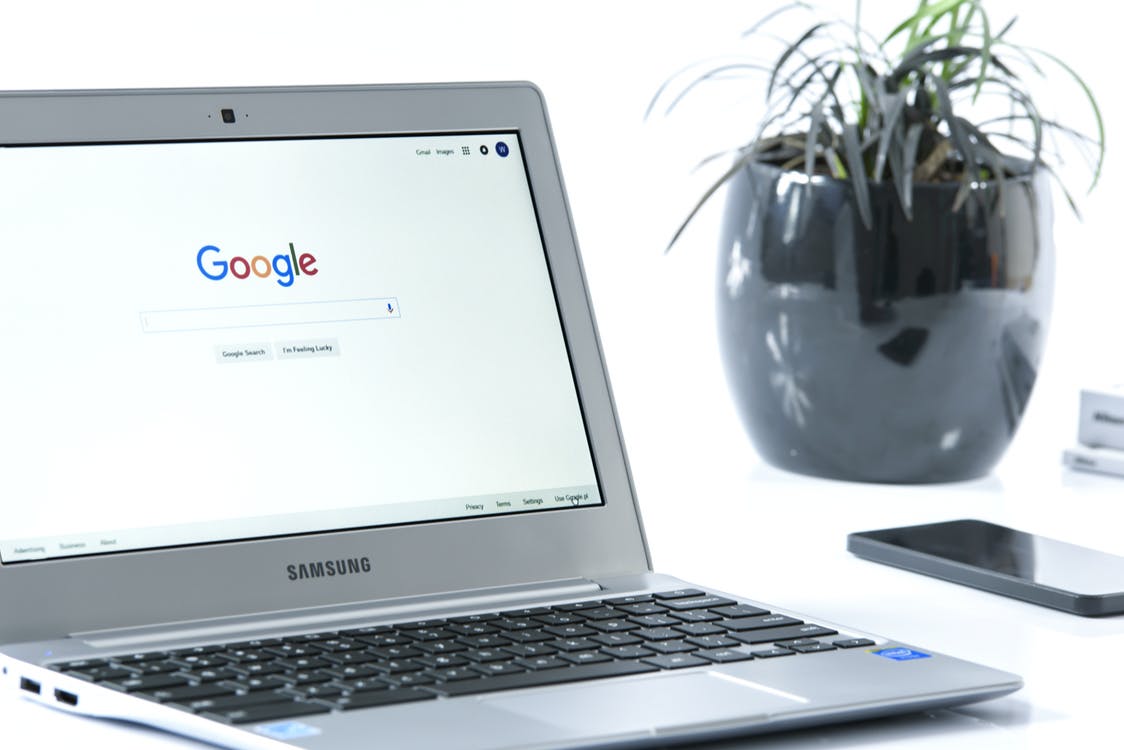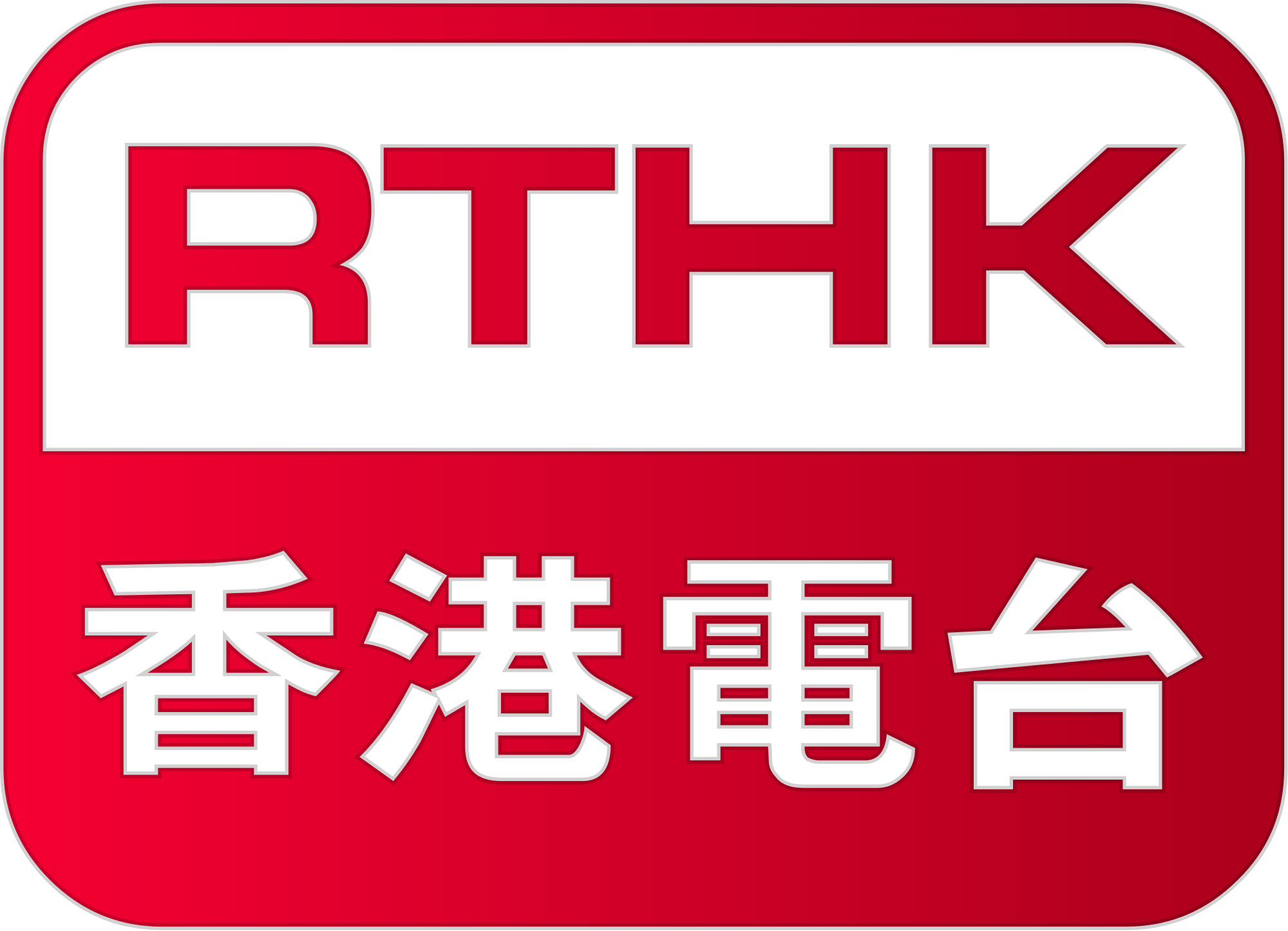Reminder of the Radio Station Election Guidelines 2017
Following the announcement of an early general election, it is an important time to remind Ofcom-regulated radio stations the set of practices that are required to follow during the election period. Ofcom take the rules about covering elections very seriously, and broadcasters must understand their obligations in order to avoid any fines or unwanted publicity.
The election period will start on 3rd May, and from this day until 10pm on 8th June, Ofcom rules will take effect.
1. Do not show bias
Political parties monitor stations for any hint of bias. This means that your station must cover each party in a balanced manner. Ofcom advises that you should use your own judgement of parties based on evidence of past and current electoral support. You should aim to keep timing sheets recording any coverage given and to which party. Take note of how you covered the party (e.g. interview, copy) and the time of broadcast.
2. Presenters must remain neutral
Presenters should remain neutral and must not show their political allegiance on air to avoid a fine. Furthermore, candidates are not permitted to act as presenters during the election period.
3. All candidates must get roughly equal airtime
This means that there should be no glaring discrepancy, however you are not required to have a stopwatch. The chair should put forward policies of candidates who are not available for discussion but should remain impartial.
4. Constituency reports must be balanced
Constituency reports must include equal contributions from each of the main parties. On first broadcast, they must include a list of all candidates, giving first and last names and the name of the party they represent or, if they are standing independently, the fact that they are an independent candidate. Subsequently, you must direct listeners to a website link containing the above information.
5. Reports must be accurate and without malice
If a candidate says something defamatory during discussions, you will only be protected from libel if your report is accurate, fair and without malice.
6. Candidates should not phone-in
Letting candidates phone-in your station as as callers is not a good idea as it could show bias. Before having a caller on air, you should ask if they are standing in the election. Furthermore, presenters should not take advantage of their position on air. Presenters should summarise alternative points of views in order to reflect a range of views.
7. Opinion polls “suggest”
You can report opinion polls as news as long as the terminology is correct. Polls do not “show”/”prove”, they “suggest”.
8. No political comment can be broadcast on polling day
Thursday 8th June is polling day. Polls open at 7am and close at 10pm. During this time, you cannot broadcast any political comment apart from basic facts such as the weather, general turnout predictions and politicians voting. Furthermore, broadcasters may not publish the results of any opinion polls on polling day until the election closes.
Please note that this advice is only intended as a short guide. For the full details, see the Ofcom website.





 2. Front Page of Every User
2. Front Page of Every User

 The size of the internet makes it very difficult for bodies to control and regulate every aspect of advertising. Even Google’s chief business officer, Philipp Schindler, has admitted that Google can never guarantee 100% safety for its brand partners. Radio, on the other hand, offers advertisers more control over ad placement and guarantees brand safety.
The size of the internet makes it very difficult for bodies to control and regulate every aspect of advertising. Even Google’s chief business officer, Philipp Schindler, has admitted that Google can never guarantee 100% safety for its brand partners. Radio, on the other hand, offers advertisers more control over ad placement and guarantees brand safety. Now, the government have decided to terminate all digital Radio transmissions in Hong Kong within six months. The Executive Council have deemed it unrealistic to only rely on RTHK to operate alone on the
Now, the government have decided to terminate all digital Radio transmissions in Hong Kong within six months. The Executive Council have deemed it unrealistic to only rely on RTHK to operate alone on the 
 Podcast Apps
Podcast Apps
Why You Should Implement Facebook Messenger Into Your Radio Station’s Social Media Strategy
May 5, 2017
Facebook has changed the way the world communicates. With Facebook Messenger available for businesses, a new channel for listener engagement has opened. Your radio stations should be implementing Facebook Messenger into your social media strategy to see a growth in listener acquisition as well as listener retention.
1. Everyone is on Messenger
Messaging is without a doubt on the rise, statistics show that the combined user base of the top four chat apps is now larger than the combined user base of the top four social networks. Facebook have recently announced that Messenger now has over 1 billion active monthly users. Given this, your radio station needs to be where your listeners are most active, therefore making Facebook Messenger the most logical platform.
2. Messenger Bots allow instant replies
Messenger Bots are now becoming very advanced and complex. Soon, they will become so compelling that people will not only be using them daily but will also be telling their friends about them. Nowadays, people are used to instant gratification and they expect it with customer service too. Messenger Bots allow you to reply immediately to your listeners providing the right information; you can set up automated answers to FAQs or talk to listeners live; making your radio station more approachable.
3. Get to know your audience
Another great thing about Facebook Messenger is that is allows you to get to know and understand your audience. People are constantly updating their Facebook profiles, giving you useful demographics and psychographics. Facebook Messenger gives your radio station an opportunity to target customers with precision, whilst also focusing on their specific needs and interests.
4. Appear more approachable
Being a part of a platform that your listeners are used to engaging with socially will make your radio station seem more approachable and friendly. Facebook Messenger is a platform for your station to engage with listeners in a personal manner, thus building meaningful and lasting relationships.
5. Safe way to communicate
Facebook Messenger is a personal and secure way to communicate. Your listeners can choose whether or not they wish to interact with your station; allowing your station to be available but not intrusive. Furthermore, the conversation is fast and secure because Messenger comes with an end to end encryption.